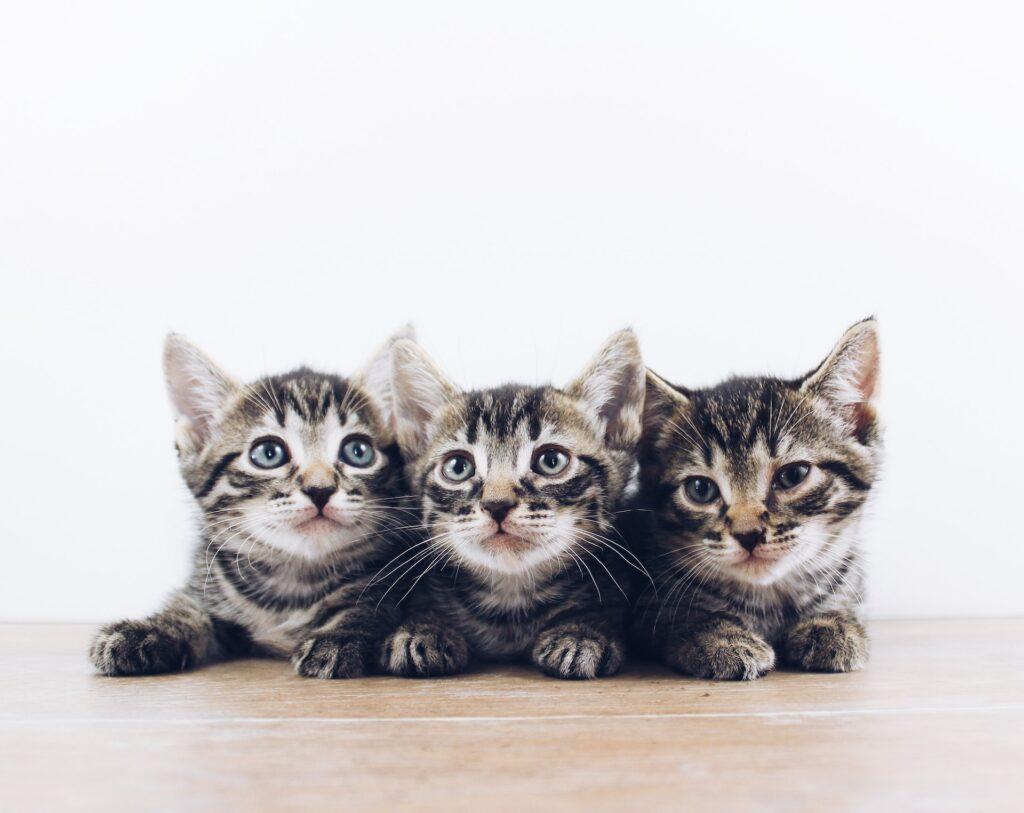For Hungarian cat owners, the well-being of the kittens is the most important, but they are also increasingly open to sustainability
Despite the fact that only 3 out of 10 Hungarians pay close attention to minimizing their ecological footprint, Hungarian cat owners are becoming more and more environmentally conscious: in addition to the fact that the health and well-being of their pets is above all else for pet owners, every second person pays attention to the fact that the purchased pet food should be packaged in a way that is suitable for sustainability, according to Nestlé PURINA’s representative survey. 65 percent of pet owners would even pay more for their pet’s lunch if it was produced by an environmentally conscious brand, but relatively few (13%) take into account the ecological footprint of food production.

In November 2023, Nestlé PURINA conducted a representative survey of the Hungarian population,[1] which examined the environmental awareness of Hungarian cat owners. They were curious about the extent to which the purchasing habits of pet owners are influenced by sustainability aspects and, in general, what the public’s awareness is in this area.
The research revealed that for the majority of Hungarian cat owners, the price-value ratio of the cat food (68%), the appropriateness of the cat’s taste (65%) and the price of the product (52%) are the most important decision-making criteria, but at the same time, the ecological footprint of cat food production is only considered by the respondents a smaller part (13%) takes it into account.
Related news
40 secure jobs, sustainable solutions – new BURGER KING® in Csepel
🎧 Hallgasd a cikket: Lejátszás Szünet Folytatás Leállítás Nyelv: Auto…
Read more >What goes on a dog’s plate? Here’s the test of dog salami!
🎧 Hallgasd a cikket: Lejátszás Szünet Folytatás Leállítás Nyelv: Auto…
Read more >Carrefour and Coca-Cola are focusing on refillable glass bottles
🎧 Hallgasd a cikket: Lejátszás Szünet Folytatás Leállítás Nyelv: Auto…
Read more >Related news
Two million people have already voted, so 57 million forints will be given to locals in 125 settlements, courtesy of Tesco
🎧 Hallgasd a cikket: Lejátszás Szünet Folytatás Leállítás Nyelv: Auto…
Read more >








